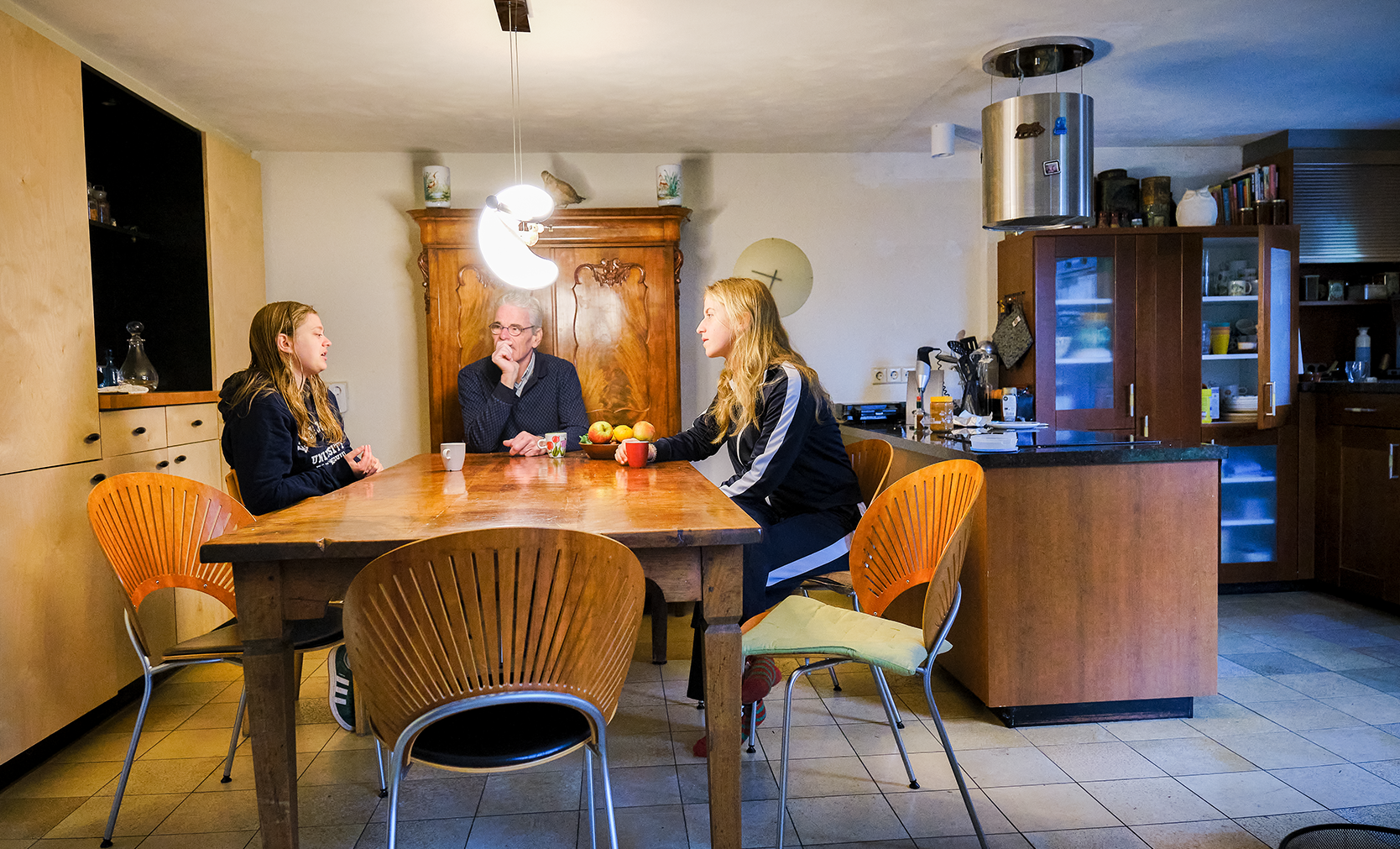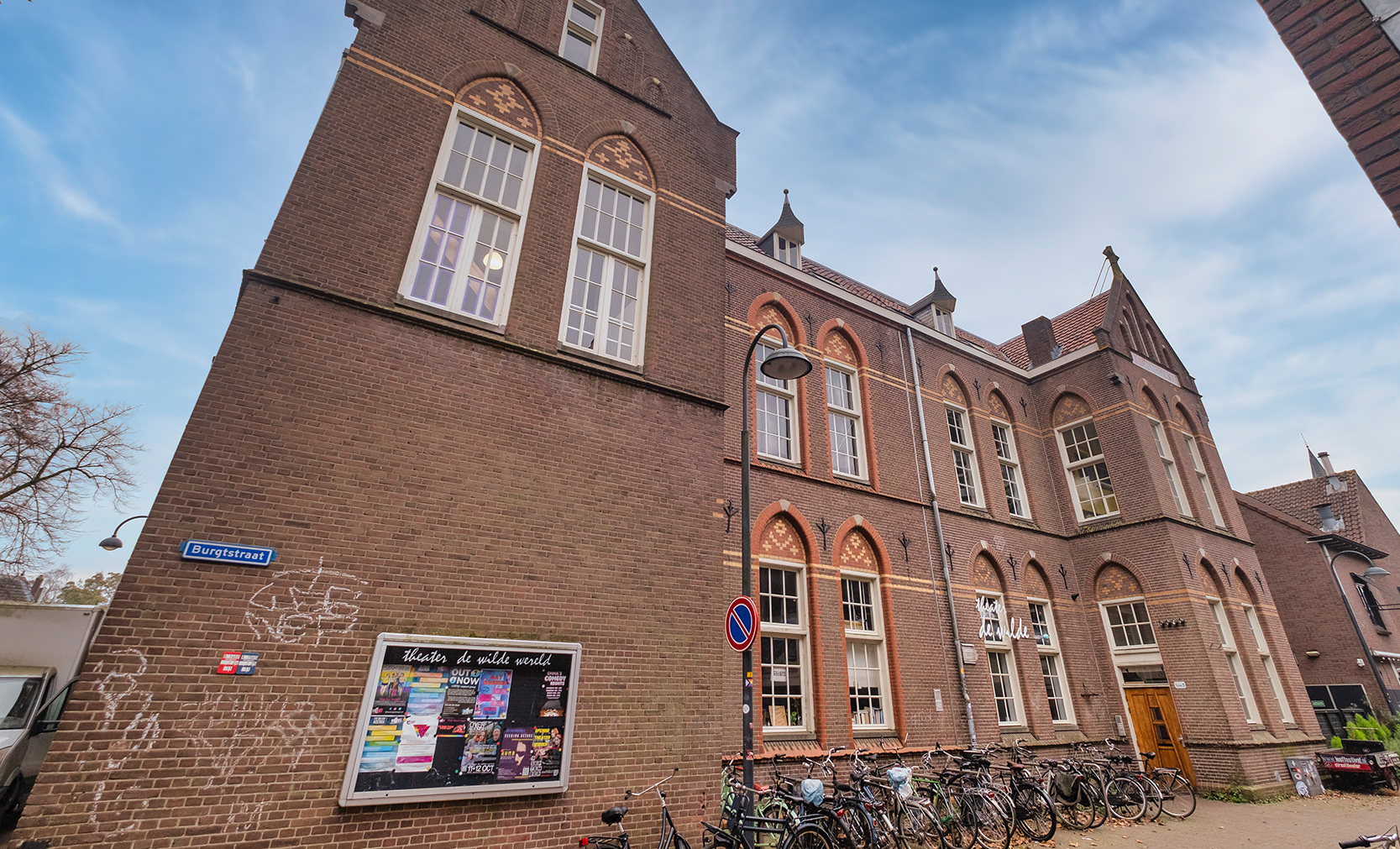Text: Milou van der Horst, Luuk Zegers
All of the learning objectives of the WUR programmes will be met this year, assuming the planned teaching activities are not cancelled due to the corona measures. This is the conclusion from a recent analysis of the quality of education.
In a marathon session with all of the programme directors, the Board of Education and the exam committee, all WUR programmes were reviewed. This was done based on reports written by the programme directors, in which they described how their programmes score on learning objectives and level of education.
There is a difference between learning objectives at the programme level and at the individual course level. The executive board mandated teachers to adjust the learning objectives of courses to keep work pressure within acceptable boundaries last October. At the time, rector magnificus Arthur Mol stated that in times of corona, ‘we must accept that not all of the learning objectives for each course are achievable’. However, according to the analysis, the learning objectives per programme, which are the end terms for the degree, were kept intact and are still achievable.
Dean of Education Arnold Bregt expected the damage to be worse after a year of corona education. ‘The quality of our education has not suffered officially. This is extraordinary. Thus, there are no corona degrees at WUR.’ Bregt states that this is, in large part, due to everyone’s commitment to making the most out of online education.
Practical
However, this is not the full story, Bregt acknowledges. Programmes formulate ten to twelve abstract objectives that primarily relate to the level of expertise. There is less focus on practical skills, while it is precisely the practicals where these skills are honed that are difficult to replace with online education.
Other crucial elements such a group projects are most definitely affected, says Bregt. ‘It is impossible to fully replace personal interaction in groups through online teaching, which is a pity.’ On the other hand, essential digital and technical skills are learned that are not part of the formulated learning objectives.
Plans for repair
This is the second time that the quality of education is analysed in this fashion. The first time was at the end of the academic year last summer. At that time, several programmes failed to meet all of the programme objectives, such as Biotechnology and Molecular Lifesciences. Plans for repair were formulated for these programmes. Programme director Biotechnology Sonja Isken: ‘We managed to catch up on many of the practical skills. Some of the practicals must still be done in the sixth period.’
There will be a point at which we are no longer able to catch up on missed skills within the programme if the measures persist
Biotechnology programme director Sonja Isken
Whether those practicals will take place depends on the corona measures. Isken: ‘The current lockdown is preventing us from doing all the things we had planned. There will be a point at which we are no longer able to catch up on missed skills within the programme if the measures persist.’
Practicals that do take place have become more instructive, says Isken. ‘In some practicals, students are forced to carry out work individually, which allows them to learn more.’ Moreover, students appear to have become more serious. Isken: ‘I hear that students are better prepared for practicals because they want to use what little time they have as efficiently as possible.’
‘More practicals is always better’
Plant Sciences programme director Anja Kuipers sees that practicals are a bottleneck. ‘How difficult it is to achieve the programme objectives appears to relate to how much practical skills are part of the programme.’
‘Before the corona crisis, we had more practicals than now’, Kuipers says. ‘The practicals are now designed to meet the safety requirements within the corona measures. This leads to fewer and shorter practicals. More practicals is always better, but as long as we can continue as we are now, the learning objectives can be maintained. However, the students’ practical skills are fewer than before corona because they have fewer opportunities to practice their skills. But in the end, they will use their skills when they start to work on their thesis.’
Let’s hope we can return to the campus soon
Biotechnology programme director Sonja Isken
So, no corona degrees? ‘I agree’, says Kuipers. ‘There may be some objectives here and there that are not met, but on average, we are doing quite well. Online education also offers new opportunities. We can have a guest lecturer from Africa, for example, which is much cheaper than having to fly someone in.
Moreover, students learn things that are not part of the learning objectives. I expect we will continue to work remotely more after the corona crisis. They will already have experience with relevant tools and with collaborating online.’
Far-reaching options
During the marathon session, the option of extending programmes was also discussed, should the learning objectives be under threat. Isken: ‘I was happy that even such far-reaching options were open for discussion. But, let’s hope we can return to the campus soon.’

 The campus. Photo: Spread the Wurd.
The campus. Photo: Spread the Wurd. 

